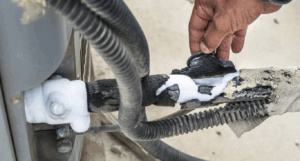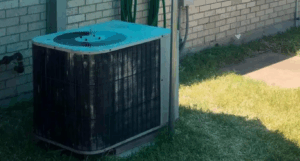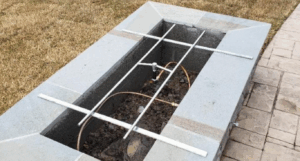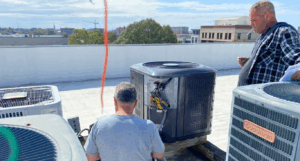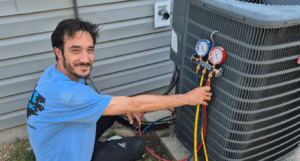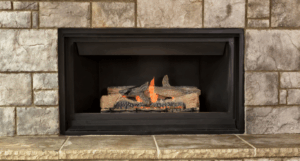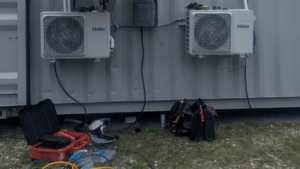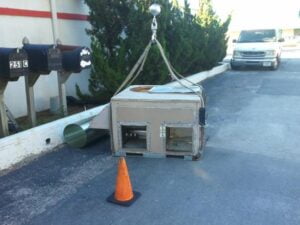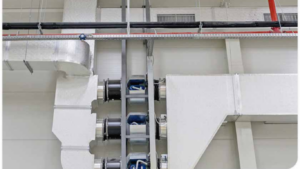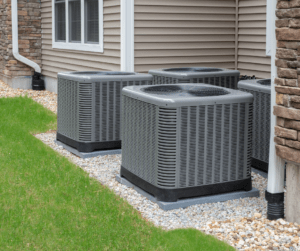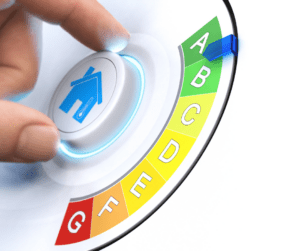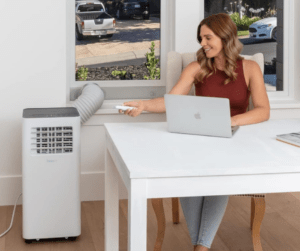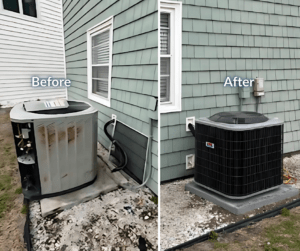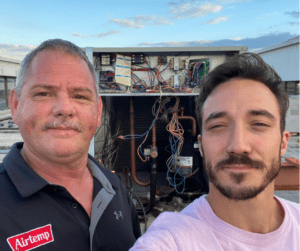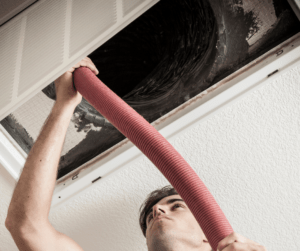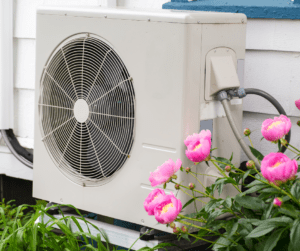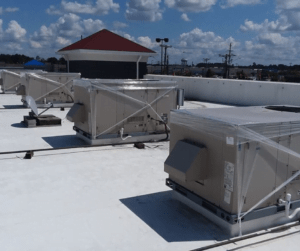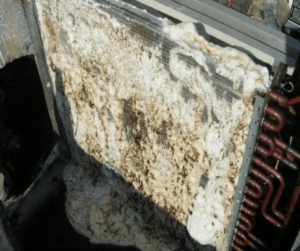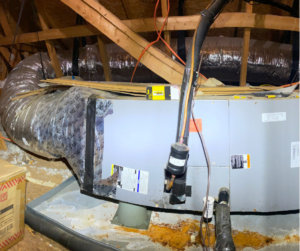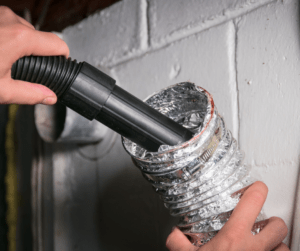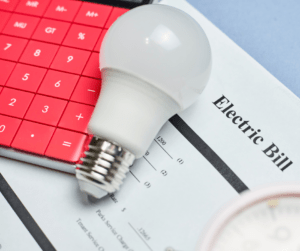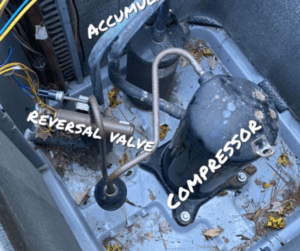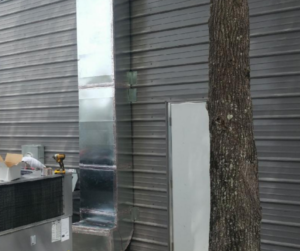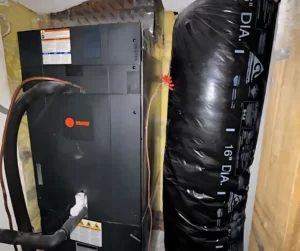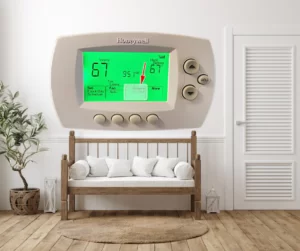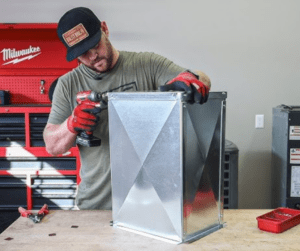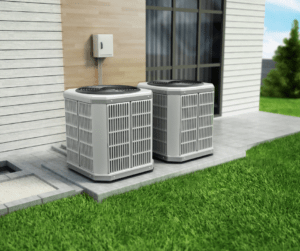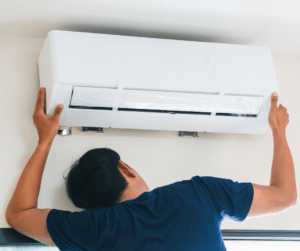Choose the Best HVAC Installers for Your Damper System
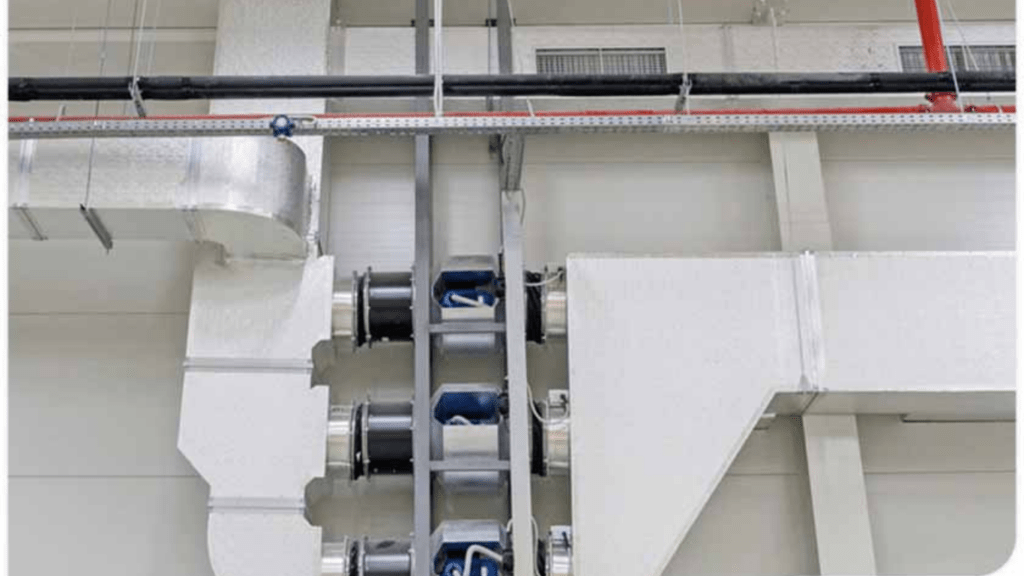
Understanding Your HVAC Needs
To begin, it’s essential to have a clear picture of what you expect from your HVAC system. Are you installing a new heating and air conditioning system or enhancing an existing setup? Determining the size and layout of your space will help you understand the demands placed on a damper system. Different areas may require varying levels of heating and cooling, and a well-designed system can address these needs efficiently.
Next, think about any specific features or capabilities you want from your HVAC system. For instance, do you need zoning capabilities to control temperatures in different rooms independently? Or perhaps you’re looking for energy-efficient options to reduce your utility bills? Knowing these details will help you communicate more effectively with potential HVAC installers.
Also, consider any existing issues with your current system. Are there particular areas that never seem to reach the desired temperature? Do you experience inconsistent airflow? Highlighting these concerns can guide the installer in tailoring the system to address these problems.
Finally, don’t overlook future needs. If you plan to expand your space or add new rooms, it’s beneficial to account for this in your HVAC planning. A flexible system that can adapt to future changes will save you time and money down the road. By laying out your needs and expectations clearly, you’ll be in a better position to find the best HVAC installers in your area who can deliver a system that meets your requirements both now and in the future.
Researching Local HVAC Installers
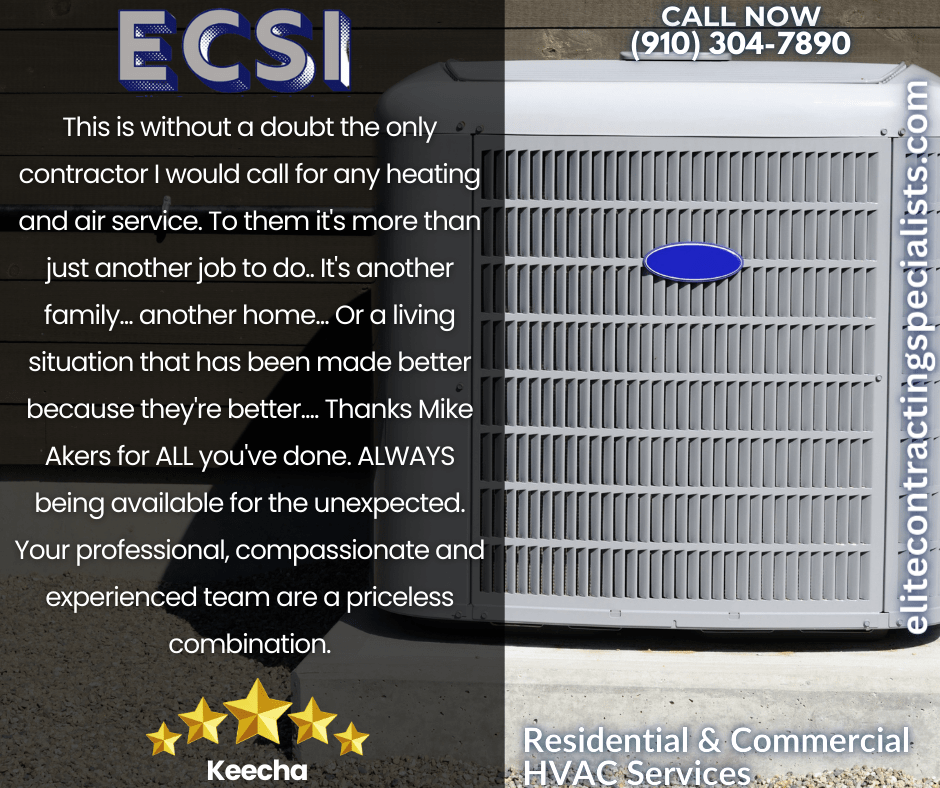
When you’re ready to start looking for local HVAC installers, the first step is to compile a list of potential candidates. Begin by asking friends, family, and neighbors for recommendations. Personal experiences can provide valuable insights and help you identify reliable options.
Online resources are also extremely helpful. Websites like Yelp, Google Reviews, and Angie’s List offer user reviews and ratings that can give you an idea of each company’s reputation. Look for feedback specifically related to damper system installations. Pay attention to comments about the installer’s professionalism, punctuality, and quality of work.
Don’t just rely on online reviews. Visit the websites of the HVAC installers you’re considering. Reputable companies often provide detailed information about their services, including their experience with damper systems. Some websites may also feature customer testimonials and case studies, which can offer additional insights.
Once you have a shortlist of potential installers, dig a little deeper by checking their standing with the Better Business Bureau (BBB). A company with a good BBB rating and few unresolved complaints is likely to be trustworthy.
Another useful step is to explore local social media groups or community boards. Many communities have Facebook groups or online forums where residents discuss their experiences with local HVAC service providers. These platforms can be a great way to find honest reviews and recommendations.
Finally, reach out to the installers directly. A quick phone call or email can provide a sense of their customer service. Are they responsive and willing to answer your questions? Good communication is often a sign of a company that values its customers and takes pride in its work.
Checking Credentials and Certifications
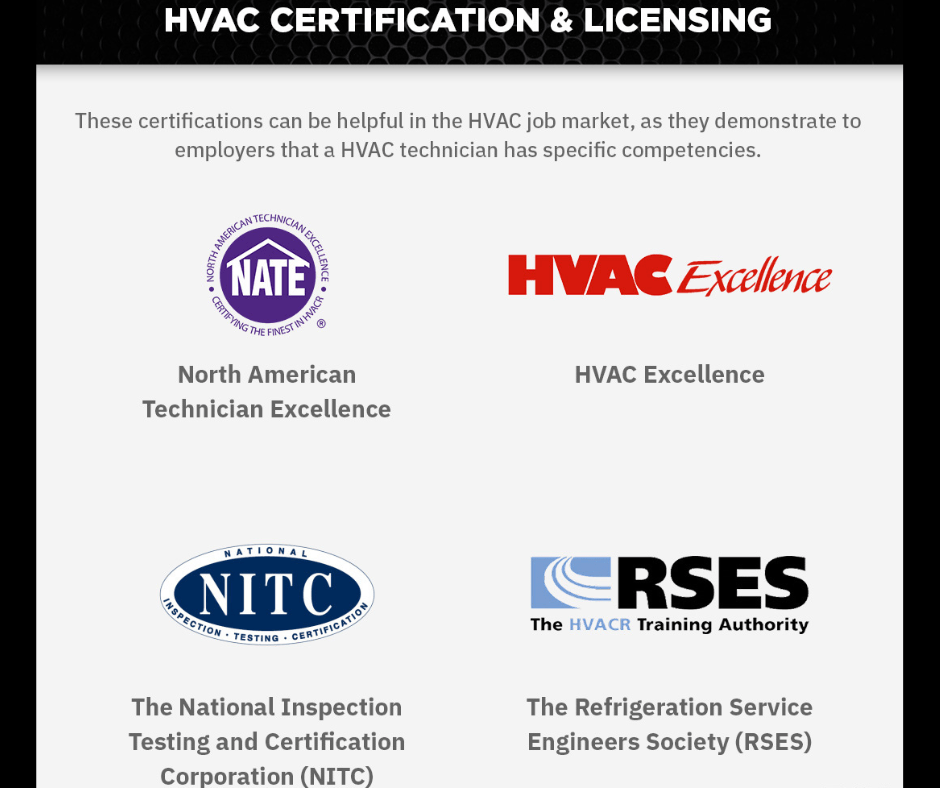
To ensure you are hiring qualified HVAC installers, it’s vital to check their credentials and certifications. First, verify that the installer has the necessary licensing and insurance. Proper licensing shows they comply with local regulations and industry standards, while insurance protects you in case of accidents or damages during the installation process.
Look for certifications that demonstrate specialized knowledge, particularly in damper systems. Organizations such as North American Technician Excellence (NATE) and the Air Conditioning Contractors of America (ACCA) offer certifications that signal a high level of expertise. An installer with these credentials is likely to be well-trained and up-to-date with the latest industry practices.
Don’t hesitate to ask the installer for proof of their certifications and training. A reputable professional HVAC company will be transparent and willing to provide this information. Additionally, check if the company itself holds any industry-recognized affiliations or memberships. Being part of professional organizations often indicates a commitment to ongoing education and adherence to best practices.
Another important factor to consider is whether the installer has experience with the specific brand or type of HVAC system you plan to install. Manufacturers sometimes offer specialized training for their products, and an installer with this training will be more adept at handling the nuances of your chosen system.
Lastly, read up on any awards or recognitions the HVAC installers may have received. These accolades can be an indicator of exceptional air conditioning and heating service and expertise. Taking the time to thoroughly vet the credentials and certifications of your HVAC installers will give you confidence in their ability to deliver a high-quality installation tailored to your needs.
Requesting Quotes and Comparing Prices
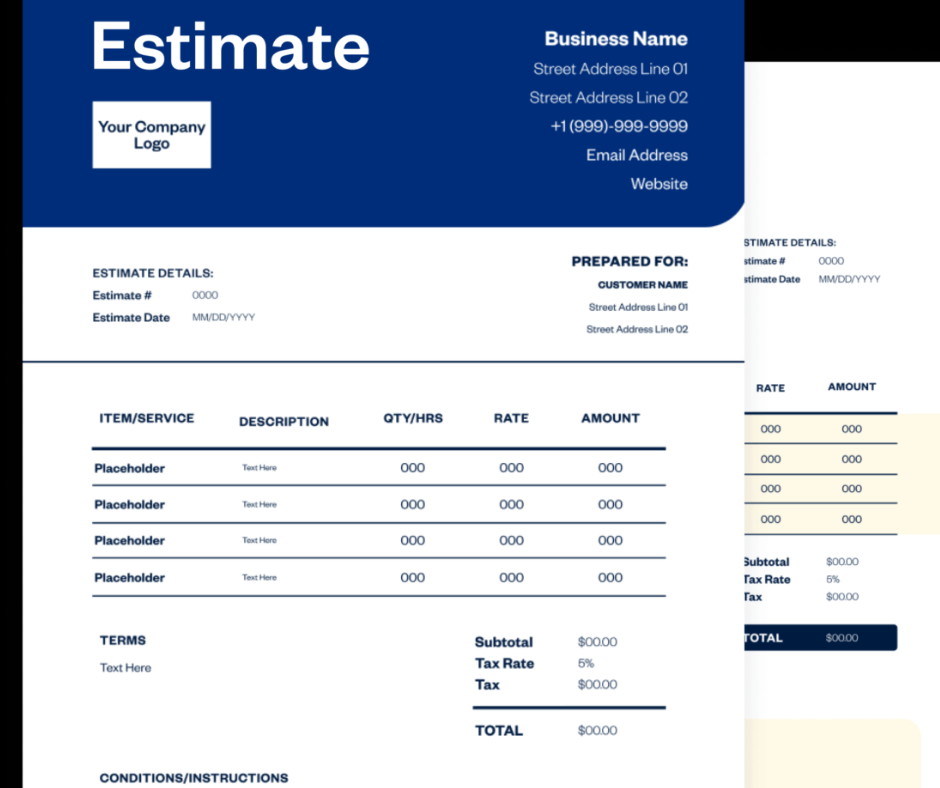
Once you’ve narrowed down your list of potential HVAC installers, it’s time to request quotes. Reach out to each heating and cooling company and provide them with the same information about your project. This ensures you’re comparing apples to apples when you receive their estimates. When reviewing quotes, pay attention to more than just the bottom line. Look at what each quote includes: the cost of equipment, labor, any necessary permits, and other fees. Ensure that the estimates are itemized so you can see exactly where your money is going.
Be cautious of quotes that seem too good to be true; they often are. Extremely low estimates might mean the installer is cutting corners or using subpar HVAC materials. It’s better to invest in quality upfront than to face expensive HVAC repairs or replacements down the line. Ask each installer about the brands and types of equipment they plan to use. High-quality, energy-efficient heating and air systems might have a higher initial cost but will save you money on utility bills over time.
Additionally, inquire about any warranties or guarantees included in the quote. A comprehensive warranty can provide peace of mind, knowing that any future issues will be covered. Some companies also offer heating and cooling maintenance plans, which can be a worthwhile investment to keep your system running efficiently.
Don’t hesitate to ask questions if something isn’t clear in the quote. A reputable HVAC installer will be happy to explain the details and ensure you understand what you’re paying for. Lastly, consider the level of customer service you receive during this process. Prompt, clear communication can be a good indicator of the service you can expect once the work begins.
Understanding Warranty and Maintenance Plans
When evaluating potential HVAC installers, it’s crucial to understand the warranties and maintenance plans they offer. A solid warranty can provide you with peace of mind, ensuring that you’re covered if something goes wrong with the installation or equipment. Typically, warranties cover parts, labor, or both. Make sure to get the details on what is included and the duration of the warranty period.
Maintenance plans are another important aspect to consider. Regular maintenance can help keep your damper system running efficiently and extend its lifespan. These plans often include routine HVAC inspections, cleaning, and minor repairs, which can prevent more significant issues down the line. Ask the installer what their maintenance plan entails and how frequently they recommend servicing the heating and air system.
Also, find out if there are any additional costs associated with these plans. Some companies might offer different tiers of HVAC service, allowing you to choose a plan that best fits your needs and budget. It’s worthwhile to compare these plans among the HVAC installers you’re considering to see which offers the most value.
Don’t forget to ask about any conditions that might void the warranty or affect the maintenance plan. For instance, some warranties require you to use only authorized HVAC service providers for any repairs or maintenance. Understanding these stipulations upfront can help you avoid unexpected costs later.
By thoroughly exploring the warranties and maintenance plans, you’ll be better equipped to choose an installer who not only provides a high-quality heating and cooling system but also supports its ongoing performance and reliability.
Making the Final Decision
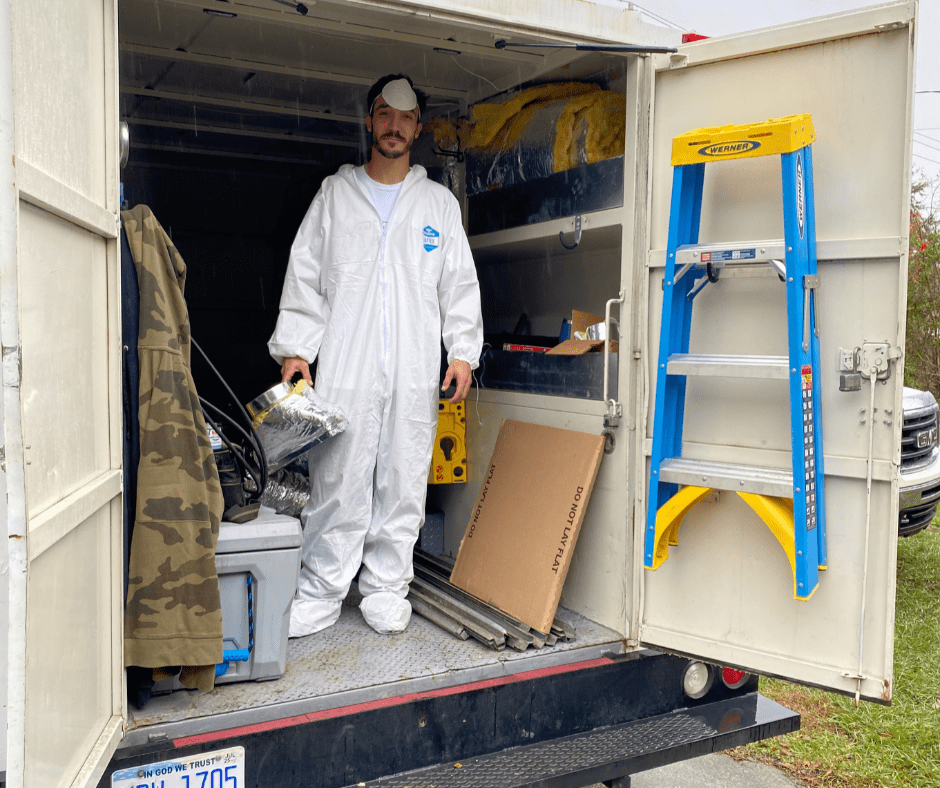
After gathering all the details, it’s time to finalize your choice. Start by reviewing each installer’s quote and the details included. Look beyond the price to assess what each residential and commercial HVAC company offers in terms of service quality, equipment, and warranty. Reflect on your interactions with each installer: Were they responsive and clear in their communication? Did they seem genuinely interested in meeting your needs?
Think about the credentials and certifications you’ve checked. An installer with the right qualifications and specialized training can provide peace of mind and ensure a job well done. Also, consider the feedback you’ve found online and from personal recommendations. An HVAC company with a strong reputation and positive reviews is likely to deliver a satisfactory experience.
Additionally, consider the maintenance plans and any warranties offered. These can be crucial for the long-term health of your heating and air system, saving you time and money on future repairs.
Ultimately, your comfort and satisfaction should be top priorities. Choose an installer who demonstrates professionalism, expertise, and a commitment to customer service. This way, you can be confident that your damper HVAC system will be installed correctly and perform efficiently for years to come.
Conclusion
By following the steps you have learned here today, you should be able to confidently find the best HVAC installers in your area. For more helpful articles on HVAC and gas line installation, maintenance and repairs, be sure to read our following related articles.


